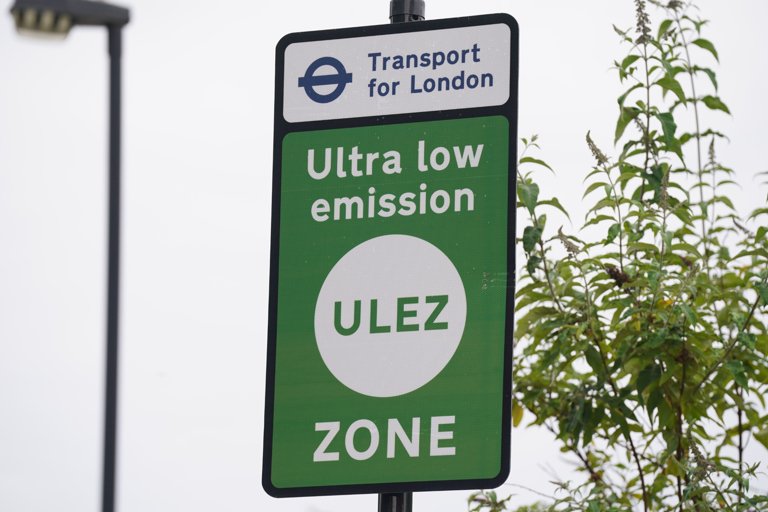Politics & Policy
Debate Grows Over ULEZ Expansion into Southbank Zone
Motorists and residents voice contrasting views on the environmental impact and costs associated with expanding the Ultra Low Emission Zone.
7 May 2025 at 0:48
By By Southbank Signal Editorial Team

As the Ultra Low Emission Zone (ULEZ) expands deeper into London’s boroughs, Southbank residents are finding themselves at the heart of a growing debate. Supporters hail the policy as a win for clean air and future generations. Critics, however, warn of economic pressure on working families and small businesses.
The ULEZ scheme, operated by Transport for London, imposes daily charges on high-emission vehicles driving within the designated zone. Starting next month, the zone will stretch further south to encompass much of Lambeth and parts of Southwark, areas previously untouched by the charges.
Local reactions have been mixed. Environmental activists and public health officials applaud the move, citing studies linking traffic pollution with asthma and cardiovascular conditions. But some residents fear the cost will disproportionately affect lower-income households and independent traders who rely on older vehicles.
Councillor Darren Fields from Southwark Council welcomed the expansion but acknowledged the controversy. 'We can’t ignore the impact of vehicle emissions on our children’s lungs, but we also have to ensure support is available for those most affected,' he said during a public meeting at the Southbank Centre.
TfL has introduced a scrappage scheme offering grants to replace non-compliant vehicles with greener alternatives. However, uptake has been slow due to confusion over eligibility criteria and complaints that the funding isn’t sufficient for families living paycheck to paycheck.
Taxi drivers and delivery firms operating along the South Bank say the rules threaten their livelihoods. Many argue that switching to electric or hybrid vehicles is financially out of reach, especially after the economic strain of the pandemic.
Some residents have called for exemptions or grace periods, particularly for those caring for elderly relatives or working irregular shifts. TfL says such provisions are being considered, but environmental experts caution that delaying implementation could dilute its effectiveness.
Data from previous ULEZ expansions suggests a significant drop in nitrogen dioxide levels and a modest increase in public transport use. City Hall hopes that similar patterns will follow in Southbank and surrounding areas, bringing both health and environmental benefits.
In the meantime, community centres and libraries across Lambeth and Southwark are hosting information sessions to explain the rules and assist with applications for exemptions and grants. Councils are encouraging residents to attend and voice their concerns.
As the expansion date nears, one thing is clear: the conversation around ULEZ is far from over. For many in Southbank, it’s a question of balancing environmental responsibility with economic reality — and finding the political will to meet both.